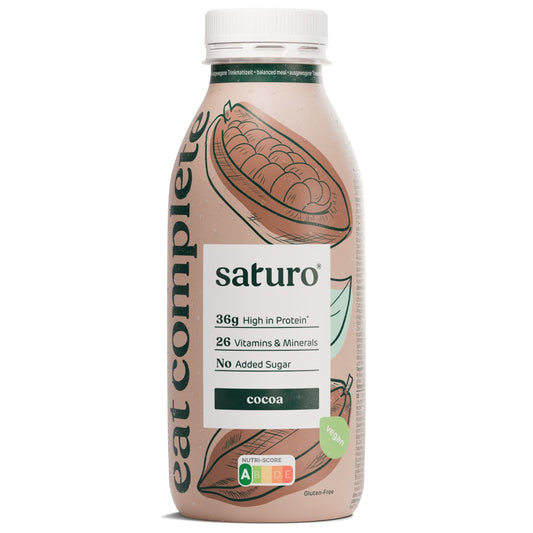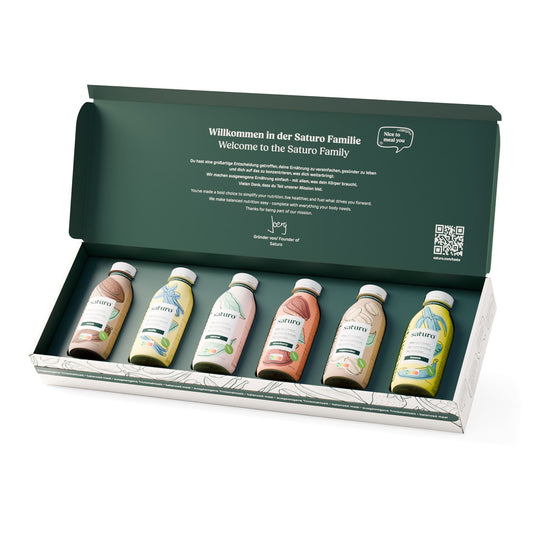Contents
1
What is vitamin B1 deficiency and how much vitamin B1 do you need every day?
2
Vitamin B1 deficiency symptoms
Vitamin B1 sweat
3
Causes of vitamin B1 deficiency
4
Vitamin B1 in food
Vegan vitamin B1 sources
Animal vitamin B1 sources
Drinking meals against vitamin B1 deficiency
Vegan vitamin B1 sources
| Vegan vitamin B1 sources | Vitamin B1 content per 100 g |
|---|---|
| 1. Flax seeds | 1.6 mg |
| 2. Sunflower seeds | 1.5 mg |
| 3. Tafini | 1.3 mg |
| 4. Pine nuts | 1.2 mg |
| 5. Macadamia nuts | 1.2 mg |
| 6. Oat bran | 1.2 mg |
| 7. Pistachios | 0.9 mg |
| 8. People | 0.9 mg |
| 9. Sesame | 0.8 mg |
| 10. Pecans | 0.7 mg |
Animal vitamin B1 sources
| Animal vitamin B1 sources | Vitamin B1 content per 100 g |
|---|---|
| 1. Pig fillet (grilled) | 1 mg |
| 2. Salami | 0.9 mg |
| 3. ham (roasted) | 0.8 mg |
| 4. Bratwurst | 0.5 mg |
| 5. Cheese | 0.4 mg |
| 6. Lamb liver (fried) | 0.4 mg |
| 7. Salmon (cooked) | 0.3 mg |
| 8. Mussels (cooked) | 0.3 mg |
| 9. Thuna (cooked) | 0.3 mg |
| 10. Fish roges (cooked) | 0.3 mg |





